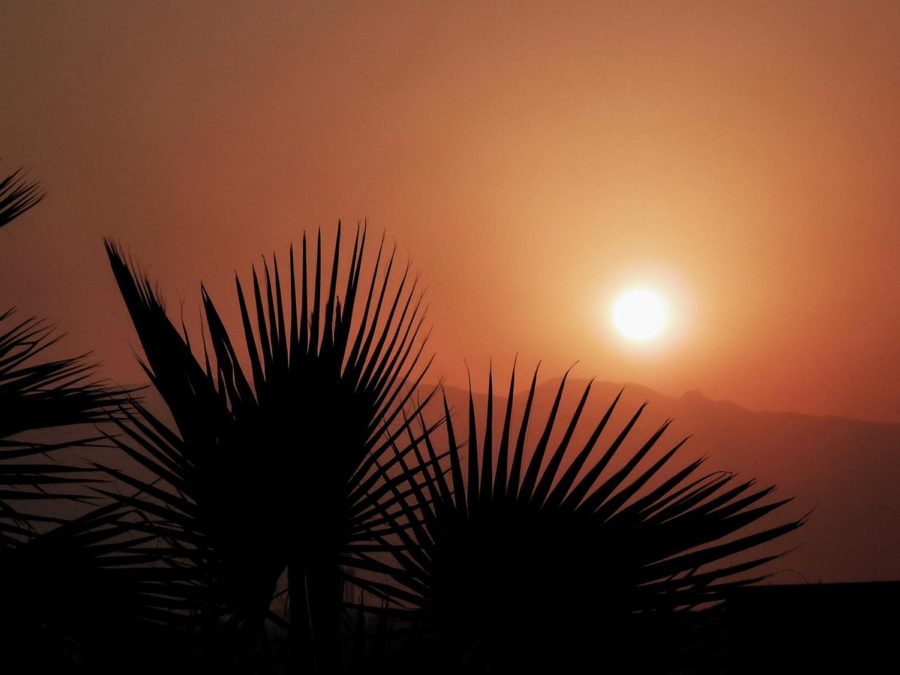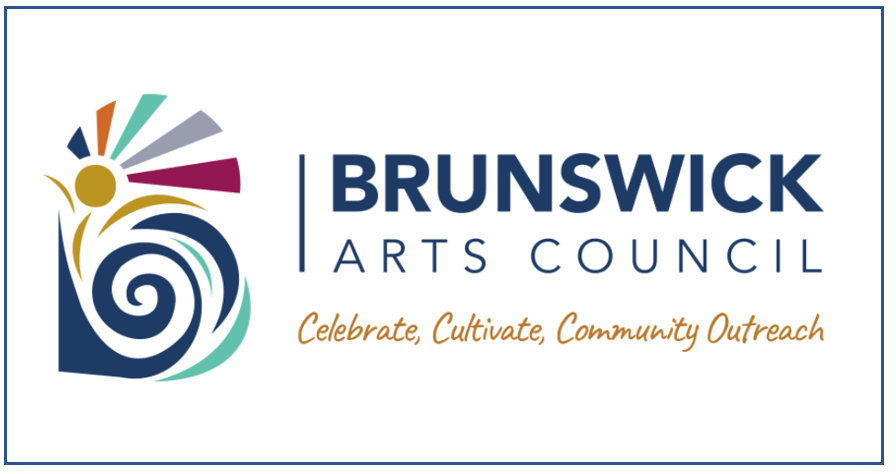Stewardship of the Earth–An Argument for Life
April 1, 2023

Once upon a time, when rural areas were large, and cities were small, there existed a place where green, rolling hills were surrounded by thick forests, traversed by sweet water streams. It was a pleasant place inhabited by wild creatures of every variety. Some had fins, some had fur and others had feathers. They were of every shape, caste, and color. Among the more exotic species were the yellow-bellied Jellyrolls, hilarious Hobgoblins, green Grumblers, blue-haired Grinches and polychrome Finches. But every now and then, a Ring-tailed Throp or a Trumpet Mouthed Ogero could be seen sunning themselves in the open areas of the forest or among the cows and horses in the pasturelands. And early each morning, through the low hanging fog, the screech of the Gilded Gazzpazzers could be heard for miles.
People lived in harmony with the land’s flora and fauna. Then one day, this idyllic life changed. Our planet began warming and the traditional cycle of four seasons shifted. Acid rain turned the once pristine stands of hardwood and pine into a dark swamp. Forests of dead trees stood like sentinels watching over the water-logged landscape and the place became thick with mosquitos, ticks, leeches, and carnivorous reptiles. The sun hid behind the methane-tinged fog of greenhouse gases as the cumulus cotton balls, laced with triple-bond hydrocarbons, floated across the horizon. The forecast called for partly cloudy skies with a chance of hysteria.
We are challenged to protect the Earth’s rivers, lands, oceans, and air from irreversible contamination by lethal materials. Instead of improving the health of our planet, we passed this responsibility on to future generations. Our motto became “Greed is Good.”
We are passengers on this Spaceship Earth facing an environmental cataclysm of our own making if we continue to “defile our own nest.” After all, we are dependent on the Earth’s finite reserves of water, air, and soil. These basic life support elements were to be held in trust by the world’s nations for their inhabitants, but profit became a priority. Control of potable, industrial and agricultural water may become a weapon more powerful and deadly than a nuclear device.
Water’s “Day Zero” is fast approaching for many. We should commit ourselves to the tasks required to conserve and protect the life support systems of this Blue Marble from annihilation. Wouldn’t it be better to show more love and less lust for Earth’s endangered species? We constantly monitor our industrial production capacities to ensure they are robust and resilient–why not do the same for Earth’s environmental machinery to ensure biodiversity, combat ecocide, prevent poaching, and destroy markets for endangered wildlife through international legal actions? Environmental stewardship is a joint obligation for all of Earth’s inhabitants.
Our survival depends upon the protection and conservation of Earth’s natural resources and the peaceful resolution of our differences.
In 1832, John Hollow Horn, a writer and philosopher of the Oglala Lakota Nation, wrote about the necessity to protect Mother Earth: “Some day the Earth will weep, she will beg for her life, she will cry with tears of blood. You will make a choice, if you will help her or let her die, and when she dies, you too will die.”
And for those who find reading to be a waste of time—those who sit transfixed for hours in front of their Orwellian “telescreens” to gain their scientific knowledge, I offer this quote by the late Spanish-American writer, George Santayana, “Those who do not learn from history are doomed to repeat it.”










